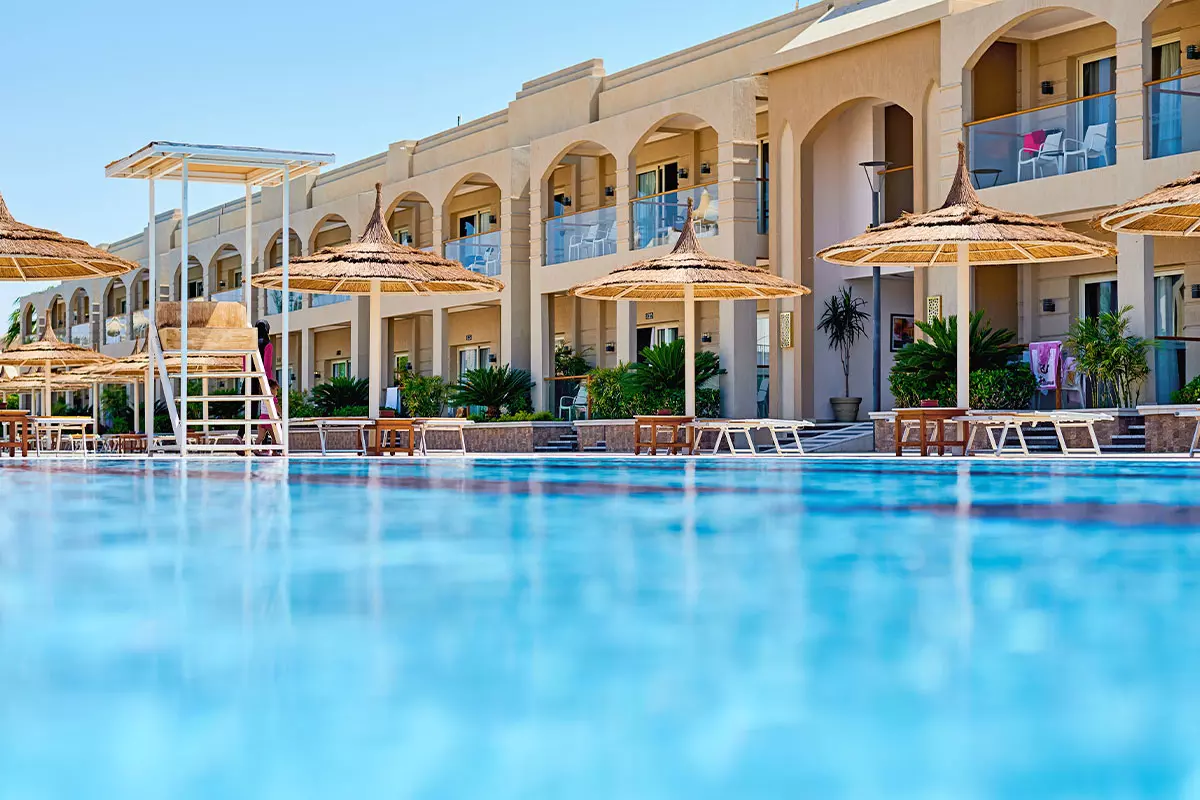The best ally for the tourism sector
AVOLTA Energy is an ally of sustainable tourism. 2022 saw the Costa Rican tourism sector back to 75% of its pre-pandemic levels – with 2.3 million visitors. This is down from 3 million annually pre-pandemic. Tourism accounts for 8-10% of GDP.
ELECTRICITY CONSUMPTION IN HOTELS
According to The International Tourism Partnership (ITP), a global organization with more than 30,000 large member hotels, this industry would have to
Established climate action targets at COP25.
Within this framework, due to the consumption of air conditioning, refrigeration, water heating and lighting, energy can represent up to 60% of a hotel’s carbon footprint
Certification in Tourism Sustainability or Ecological Blue Flag
In Costa Rica, to give an example, one of the actions that can be taken to differentiate yourself from your competitors and reduce your carbon footprint is to obtain the Tourism Sustainability Certification from the Costa Rican Tourism Institute (ICT) or the Ecological Blue Flag.
In this way, the hotel certifies that your company manages waste, has a recycling and reuse system, and has a program to save water and electricity. That will also translate into economic benefits.
Energy savings in hotels
And, according to Energy Star , a program of the United States Environmental Protection Agency, hotels spend $2,196 per room per year on energy alone.
Given this, solar energy allows the use of reliable, modern and clean energy that reduces the carbon footprint and minimizes the environmental impact of a hotel, guaranteeing economic savings and better projecting the budget for the future.
Therefore, implementing a solar energy system is an ideal alternative to improve energy efficiency, avoiding unnecessary consumption and waste, while generating significant economic savings thanks to the reduction of the monthly bill. This action also contributes to the profitability and sustainable development of the tourism and hotel sector in Costa Rica.



